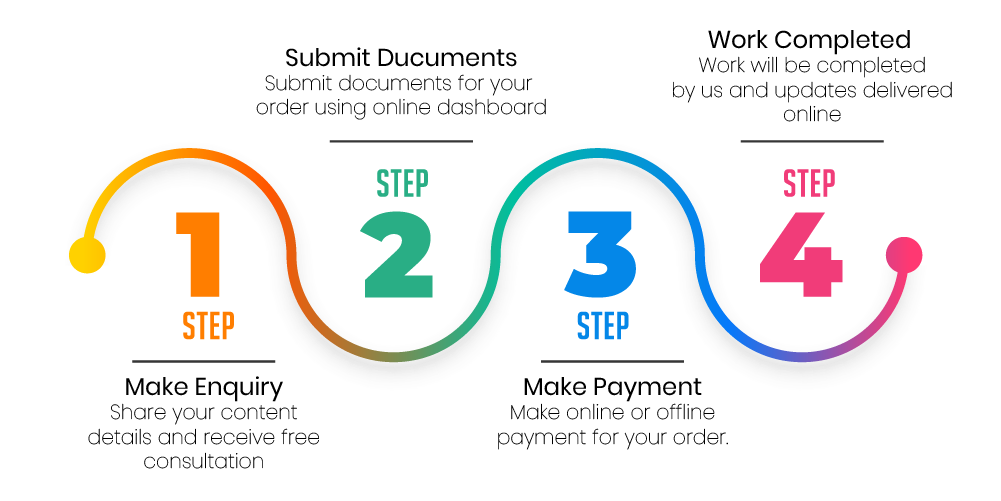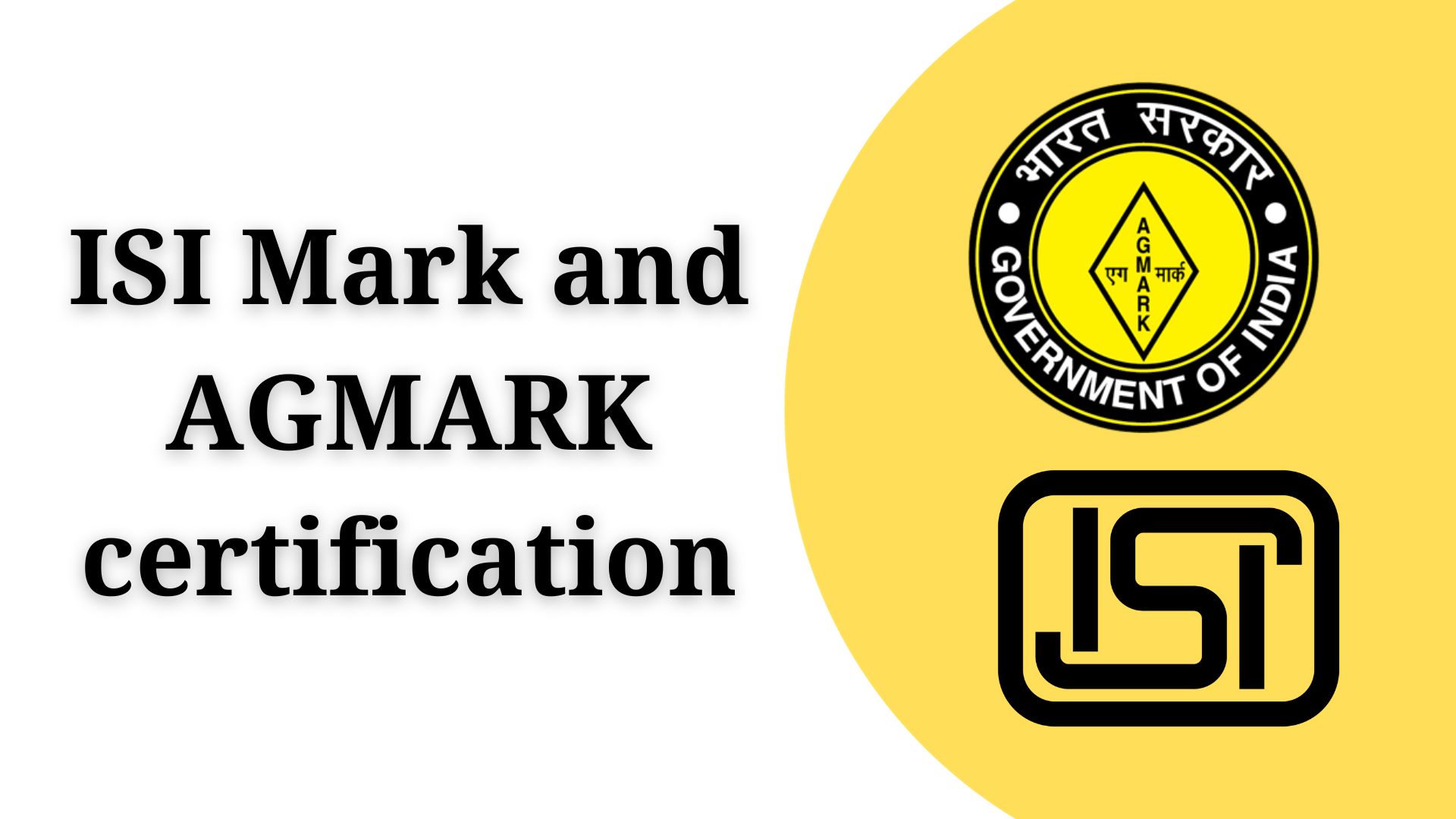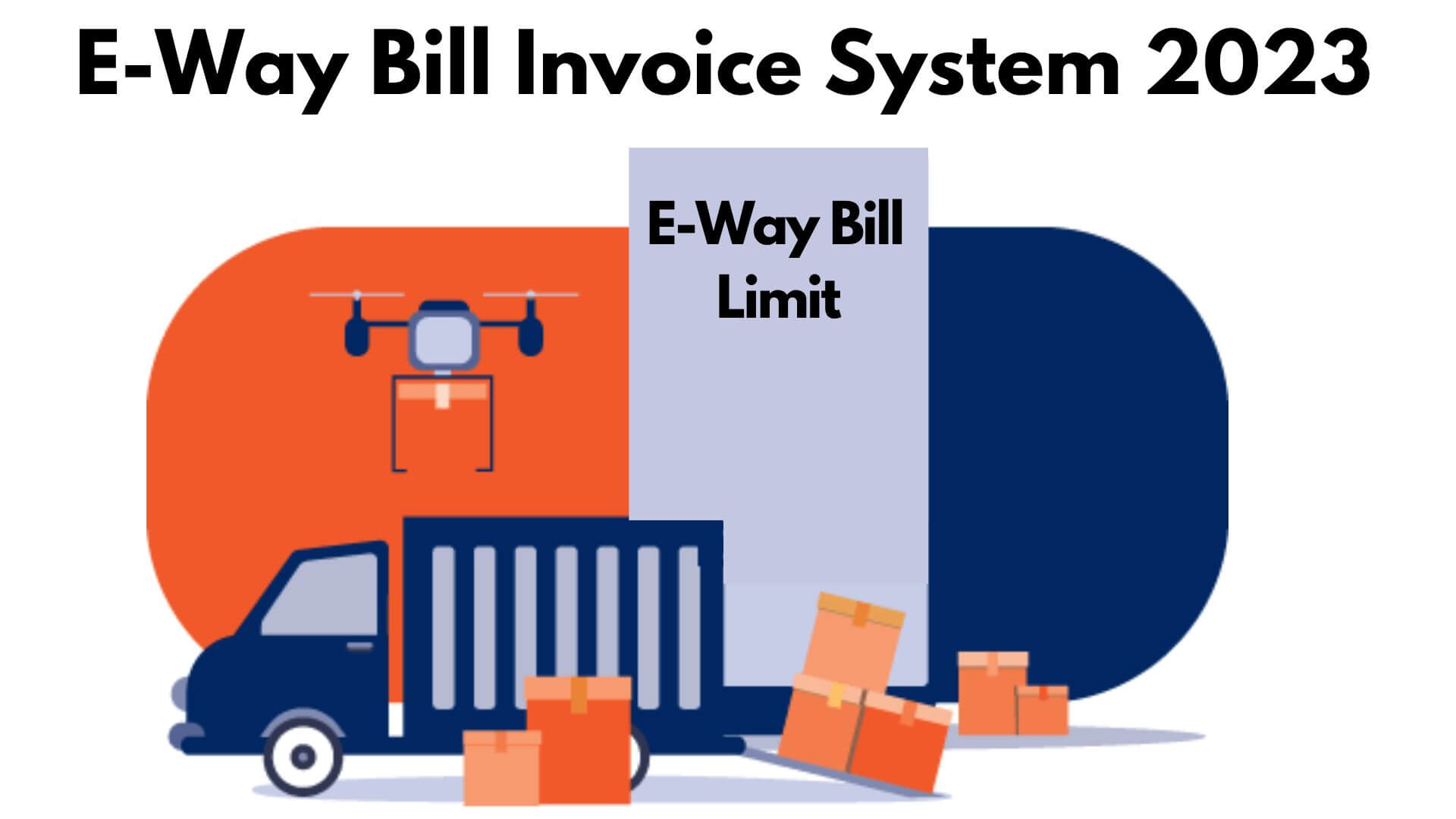Proprietorship Registration
Proprietorship Registration @ ₹1,999
-
No Hidden Charges
-
Money-Back Guarantee
-
#1 Company Registration Experts
-
Free Expert Assistance for Lifetime
How to Start a Sole Proprietorship

- Overview
- Who can be called as Sole Proprietor?
- Documents Required
- Types of Registration Required for Sole Proprietorship Firm:
- Sole Proprietorship Firm registration process
- How to register as a sole proprietorship in India?
- Benefits of Proprietorship Firm Registration
- Why to Choose Legal Tax for the Sole Proprietorship Registration?
- FAQ's
Sole Proprietorship Registration - An Overview
A sole Proprietorship is a simplified and convenient way to commerce a business in India. In a sole proprietorship business there is no legal difference between the owner and the business.Sole Proprietorship firm is the simplest form of business entity in India which is owned and managed by a single person. It is the easiest way of registering and starting a business.It is not governed by any law and hence it is the easiest form of business in India. All the decisions and management of the business is in the hands of one person.
Who can be called as Sole Proprietor?
A sole proprietor is the owner of the sole proprietorship, he is recognized as an entity same as that of business. As the sole proprietor is the owner of the business he is entitled to all the company’s revenue. It is completely under the control of the proprietor. Hence, he/she makes the decisions for the company.
To run a business as a sole proprietor some licenses and permits are required. The license will depend on the industry, state, and locality.
Proprietorship in India is a type of unregistered business entity that is owned, managed, and controlled by one person. The micro and small businesses that are operating in the unorganized sector prefer registering as a proprietorship in India. It is very easy to start a sole proprietorship in India as it has very few regulatory compliance for conducting businesses. Proprietorship registration is ideal for the entrepreneurs who are getting into the business for small businesses with very few clients. The liability of the sole proprietorship is limited and they also do not have perpetual existence.
Documents required for sole proprietorship registration in India:

Document you will get after proprietorship registration:
Post incorporation of your sole proprietorship firm, you’ll receive the following documents:
Fee for the sole proprietorship firm registration:
The total fees for registration of Sole Proprietorship Firm in India is ₹1,999 including government and professional fees. The main cost is mandatory registrations for existence of proprietorship firm like GST registration, MSME registration, etc.
Time Required for proprietorship registration: On average, it takes around 7-10 working days for registration of sole proprietorship firm in India subject to document verification by the concerned authorities.
Types of Registration required for sole proprietorship firm:
GST Registration
MSME Registration
Shop and Establishment Act License
Sole Proprietorship Firm registration process
GST Registration: Depending upon the requirement of the business and GST Law, application for GST registration has to be made with the department. GST registration usually takes around 5-10 working days.
MSME Registration: To establish the existence of your proprietorship firm and avail various benefits, you’ll have to file an application for registering your firm as Small and Medium Enterprise (SME) under the MSME Act. It is beneficial for the business at the time of taking out a loan. The government runs various schemes for SMEs to provide loans at low-interest rates.
Shop and Establishment Act License: You are required to obtain a shop and establishment license according to the local laws. It is issued by the municipal corporation on the basis of the number of employees or workers in the firm.
Bank Account Opening: Once all the steps are completed, the current bank account should be opened by the proprietorship firm. You can contact us for assistance with your current bank account opening.

How to register as a sole proprietorship in India?
Starting a sole proprietorship in India is easy if all the compliances are properly met.
-
Decide on the suitable business name.
-
A suitable business location designated as the place of doing business should be selected.
Shops and establishment registration
The Shop and establishment license covers all the business entities such as the shops, restaurants, commercial establishments, the retail trade/ business, profit-making organizations, public amusements, and so on. Irrespective of any business establishment whether fully functional or not it is necessary to get the business registered. The local municipal corporation issues this license and it depends on the number of employees in an establishment.
GST registration
GST has replaced many indirect taxes such as the service tax, Value added tax, Central sales tax, excise duties, additional customs duties, and so on. An individual making the interstate supply of goods and services and having an annual turnover of over Rs.40 lakh is required to get GST registration.
Getting a GST registration makes the business legally recognized as the supplier of services or goods. Small businesses can also opt for the composition scheme to lower the tax rates. Which has reduced the taxation and the compliance burden significantly. For certain businesses getting s GST registration is mandatory. According to the GST Act, penalties are applicable if a business is operating without ba GST registration.
UdyogAadhar Registration
UdyogAadhar Registration is provided to the Micro, small, and medium-sized businesses in India under the Micro, small, and medium enterprise development Act,2006.
Earlier recognized as MSME registration, the process of obtaining the UdyogAadhar registration is completely online. The major objectives of the UdyogAadhar registrations are as follows:
-
To enable the micro, small and medium enterprises to compete with the international competition efficiently
-
To promote the growth of micro, small and medium enterprises on a large scale to tackle the problems related to unemployment and poverty effectively.
-
To extend the benefits of various government schemes at one stop to the SSI units.
-
To safeguard the small-scale industries from financial harassment in the hands of the big industries.
TAN Registration
TAN or the Tax Deduction Collection Number is a mandatory ten-digit number required for all persons who are supposed to pay the Tax deduction at source or TDS on behalf of the Government.
The person deducting the tax at the source must deposit the deducted tax to the central Government to quote the TAN number.
Salaried individuals are not required to obtain TAN or deduct tax at the source. A proprietorship business and other entities must deduct tax at the source, making certain payments like salary, payments to the contractor or the subcontractors, amount of rent exceeding 1,80,000 per year, etc. On deducting the TDS, the entity with TAN registration will issue a TDS certificate as proof of collection of tax.
FSSAI registration should be obtained from the Food Safety and Standard Authority of India in the proprietor's name if he is involved in the selling of food products or handling of the food products. Click Here know more about the people who need FSSAI registration.
Here is a list of documents required for FSSAI registration:
-
Photo of the food business operator
-
Document for Identity proof like Ration card, the Voter ID card, Pan Card, Driving License, Passport, Aadhar Card, Senior Citizen Card, Department Issued ID.
Supporting Documents (if any):- NOC by the Municipality or the Panchayat, Health NOC.
Trademark Registration is required in case you wish to trade your goods or services with a special name or brand. It is profitable where there is a threat of some misuse of the name or mark used in your business.
Benefits of Proprietorship Firm Registration:

-
Minimal Compliances: A proprietorship firm has very minimal compliance requirements which make it much more preferable option than One Person Company.
-
Easy to Start: Sole Proprietorship is not governed by any law and does not require any mandatory registration. Hence, it is the easiest way of starting a business entity.
-
Lower cost: As there are minimal compliance, there is no need to hire an auditor for meeting the legal compliance requirements.
-
Complete control: As a proprietorship firm is owned by a single person, he has the complete control over the business decisions and there are no interventions of any kind.
-
No Sharing of Earned Profits: The sole proprietor is the only person who manages and operates the whole business, which means that 100% of the profits belong to only him/her. It is profitable to not that no one else is entitled to a share in the profits earned.
-
Minimum Legal Compliances: It is important to note that the sole Proprietorships are not administered by any specific law; therefore the legal compliances are automatically minimal by its nature. They do not need to avail the Certificate of Incorporation or Registration Certificate from the concerned authority. Subsequently, the compliances depend upon licenses or registrations taken by a specific sole proprietorship. To make it simpler, sole proprietorship have to comply with the GST return filing if it registers itself under GST law, or any other related laws. Therefore, there is no such obligation of uploading the Annual report or other reports on the website of Ministry of Corporate affairs.
-
Minimum Income Tax: In general, no separate tax is needed to be paid by because the Sole Proprietorship involves only a Sole proprietor. Sole Proprietorship and the Sole proprietor are meant to be same or the purpose of calculation of tax liability. The assets & liabilities of the Sole Proprietorship are the assets as well as the liabilities of the Sole Proprietor.
In accordance to the Income Tax Act, the sole proprietor is needed to file his/her IT returns, showing the profits earned in the business in that IT return itself. It must be noted that the tax is calculated at income tax slab rates as applicable to an individual, therefore any separate return is not required for the Sole Proprietorship firm. -
Information Remains In Private Hand: Unlike Limited Liability Partnerships, Companies, etc. where audit reports and financial statements are made public for the users via MCA (Known as Ministry of Corporate Affairs) portal, the financial reports of Sole Proprietorship remain in private hands. Also, the list of all sole proprietorship is not easily available with the Government officials/websites.
-
Own Decision Making: It is important to note that there is no chance of conflict of ideas or any sort of decisions in view of the fact that the Sole Proprietorship is managed & operated single handedly. Sole Proprietors has the sole right to do whatsoever he/she thinks to do is correct for the business.
-
No Requirement For Audit: Sole Proprietorship is not obligatory to get its accounts audited in each and every financial year under the eye of law. However, the audit will depend upon the nature of business & the threshold turnover limits that has been specified for the conduct of the audit for that particular firm.
Why to choose Legal tax for the sole proprietorship registration?
-
Legal tax provide very smooth process of registration without any complications.
-
Their service is by far the best and affordable as compared to other service providers.
-
As compared to other service providers their cost of Sole proprietorship registration is just Rs. 1999/-.
-
They have a well experienced team of expert that provide you the best solutions for your proprietorship registration and also guide you at every step.
FAQ's
-
Legal tax provide very smooth process of registration without any complications.
-
Their service is by far the best and affordable as compared to other service providers.
-
As compared to other service providers their cost of Sole proprietorship registration is just Rs. 1999/-.
-
They have a well experienced team of expert that provide you the best solutions for your proprietorship registration and also guide you at every step.
-
Minimal Compliances: A proprietorship firm has very minimal compliance requirements which make it much more preferable option than One Person Company.
-
Easy to Start: Sole Proprietorship is not governed by any law and does not require any mandatory registration. Hence, it is the easiest way of starting a business entity.
-
Lower cost: As there are minimal compliance, there is no need to hire an auditor for meeting the legal compliance requirements.
-
Complete control: As a proprietorship firm is owned by a single person, he has the complete control over the business decisions and there are no interventions of any kind.
-
No Sharing of Earned Profits: The sole proprietor is the only person who manages and operates the whole business, which means that 100% of the profits belong to only him/her. It is profitable to not that no one else is entitled to a share in the profits earned.
-
Minimum Legal Compliances: It is important to note that the sole Proprietorships are not administered by any specific law; therefore the legal compliances are automatically minimal by its nature. They do not need to avail the Certificate of Incorporation or Registration Certificate from the concerned authority. Subsequently, the compliances depend upon licenses or registrations taken by a specific sole proprietorship. To make it simpler, sole proprietorship have to comply with the GST return filing if it registers itself under GST law, or any other related laws. Therefore, there is no such obligation of uploading the Annual report or other reports on the website of Ministry of Corporate affairs.
-
Minimum Income Tax: In general, no separate tax is needed to be paid by because the Sole Proprietorship involves only a Sole proprietor. Sole Proprietorship and the Sole proprietor are meant to be same or the purpose of calculation of tax liability. The assets & liabilities of the Sole Proprietorship are the assets as well as the liabilities of the Sole Proprietor.
In accordance to the Income Tax Act, the sole proprietor is needed to file his/her IT returns, showing the profits earned in the business in that IT return itself. It must be noted that the tax is calculated at income tax slab rates as applicable to an individual, therefore any separate return is not required for the Sole Proprietorship firm. -
Information Remains In Private Hand: Unlike Limited Liability Partnerships, Companies, etc. where audit reports and financial statements are made public for the users via MCA (Known as Ministry of Corporate Affairs) portal, the financial reports of Sole Proprietorship remain in private hands. Also, the list of all sole proprietorship is not easily available with the Government officials/websites.
-
Own Decision Making: It is important to note that there is no chance of conflict of ideas or any sort of decisions in view of the fact that the Sole Proprietorship is managed & operated single handedly. Sole Proprietors has the sole right to do whatsoever he/she thinks to do is correct for the business.
-
No Requirement For Audit: Sole Proprietorship is not obligatory to get its accounts audited in each and every financial year under the eye of law. However, the audit will depend upon the nature of business & the threshold turnover limits that has been specified for the conduct of the audit for that particular firm.

Fill Up Application Form

Make Online Payment

Executive will Process Application

Get Confirmation on Mail
What Our Clients Say
associated with





🚀 Big News! LegalTax has officially launched its Digital Marketing Service.




















